In today’s global economy, currency stability is more than just a matter of exchange rates—it’s about trust, political confidence, long-term growth, and global positioning. As businesses across Europe seek financial security and growth opportunities, understanding which currencies are reliable becomes essential.
So which currencies currently dominate the global economy—and which ones might rise in importance over the next decade?
💰 Today’s Strongest and Most Stable Currencies
Here’s a list of the world’s top-performing and most stable currencies based on purchasing power, stability, liquidity, and international demand:
1. Kuwaiti Dinar (KWD)
- Why it’s strong: High oil exports, limited inflation, and a stable economy.
- Use case: Mostly used in the Middle East, but a symbol of monetary strength globally.
- Exchange rate: Frequently the highest-valued currency in the world relative to the USD and EUR.
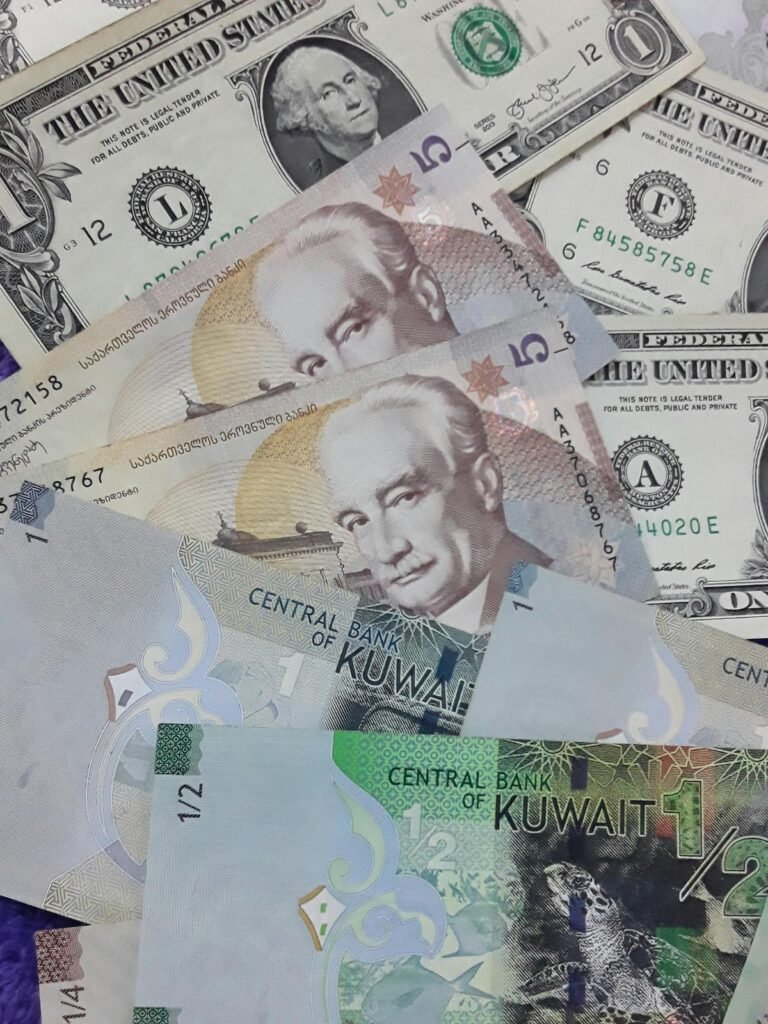
2. Swiss Franc (CHF)
- Why it’s strong: Political neutrality, strong banking sector, and fiscal discipline.
- Use case: Widely used for international savings, trusted in times of crisis.
- Outlook: Switzerland’s reputation makes the franc one of the safest bets for long-term investors.
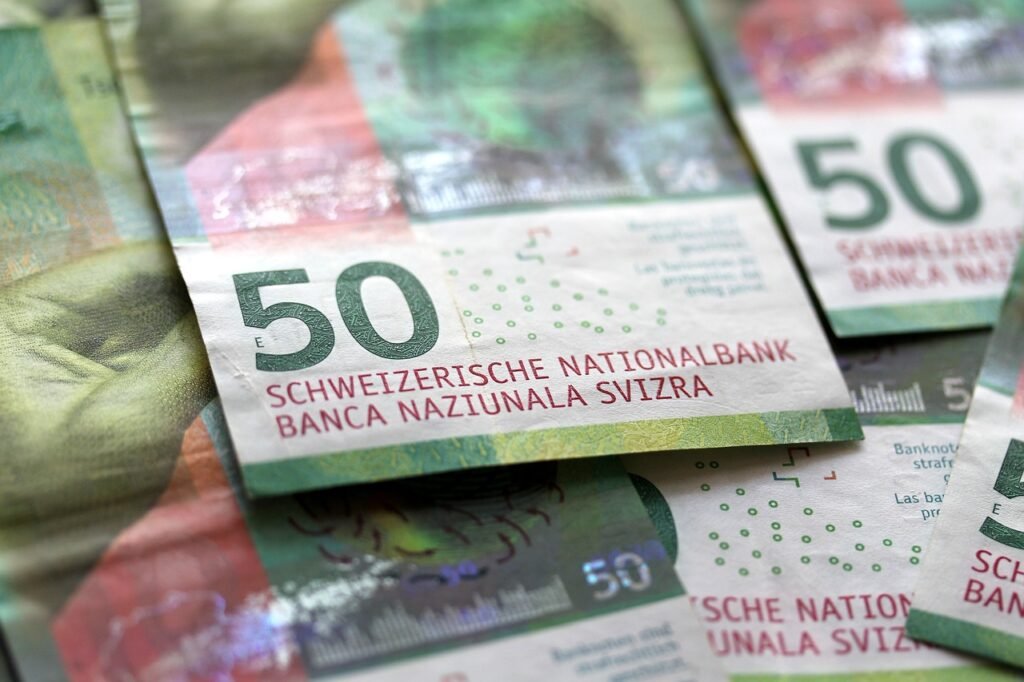
3. Euro (EUR)
- Why it’s strong: The second most traded currency in the world.
- Use case: Used across 20 EU countries, making it a daily transaction currency for over 340 million people.
- Outlook: With stronger EU integration and fiscal unity efforts, the euro is expected to remain key in global trade and finance.
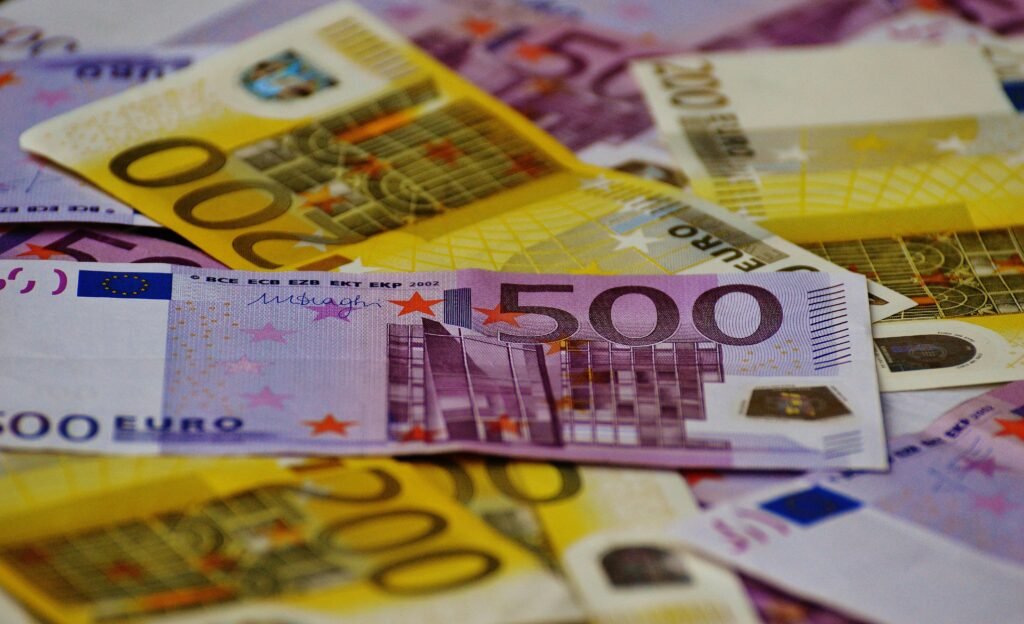
4. US Dollar (USD)
- Why it’s strong: Global reserve currency, used in oil trading and international debt.
- Use case: Default international currency for trade, investment, and commodities.
- Outlook: Still dominant, but challenged by geopolitical shifts and digital currency competition.
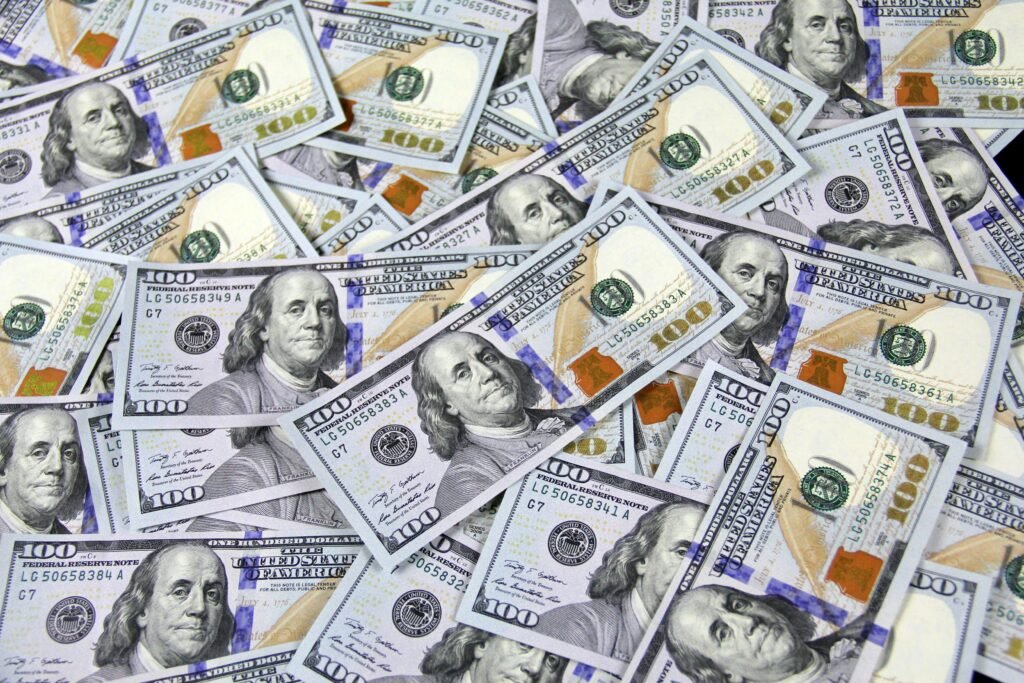
5. British Pound Sterling (GBP)
- Why it’s strong: Historically stable and backed by the UK’s large financial services sector.
- Use case: Strong in global finance, especially in Europe, Africa, and parts of Asia.
- Outlook: While Brexit added some volatility, the pound remains reliable thanks to institutional resilience.
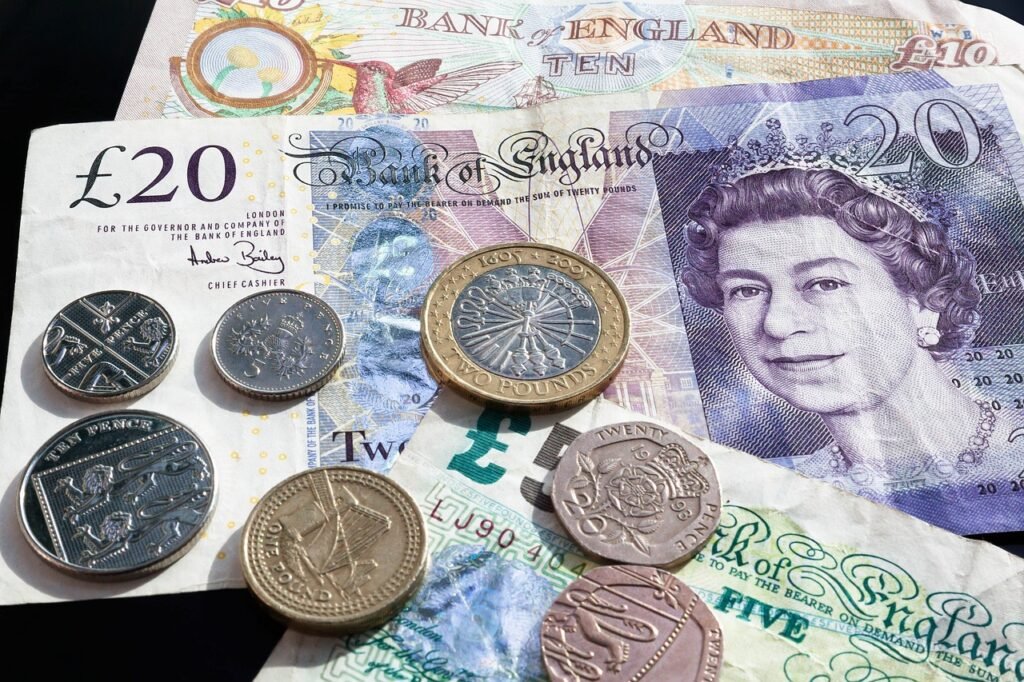
6. Norwegian Krone (NOK)
- Why it’s strong: Backed by large oil reserves and Norway’s sovereign wealth fund.
- Use case: Seen as a safe currency during energy price fluctuations.
- Outlook: Expected to retain value as long as energy exports remain steady.
7. Singapore Dollar (SGD)
- Why it’s strong: Robust economy, low debt, strategic financial hub in Asia.
- Use case: Preferred by investors in Southeast Asia and beyond.
- Outlook: Likely to grow in relevance as Asia continues to expand economically.
🌐 What About the Next 10–15 Years?
💹 Currencies to Watch
Beyond current stability, these currencies could become more influential due to innovation, geopolitical shifts, or digital transformation:
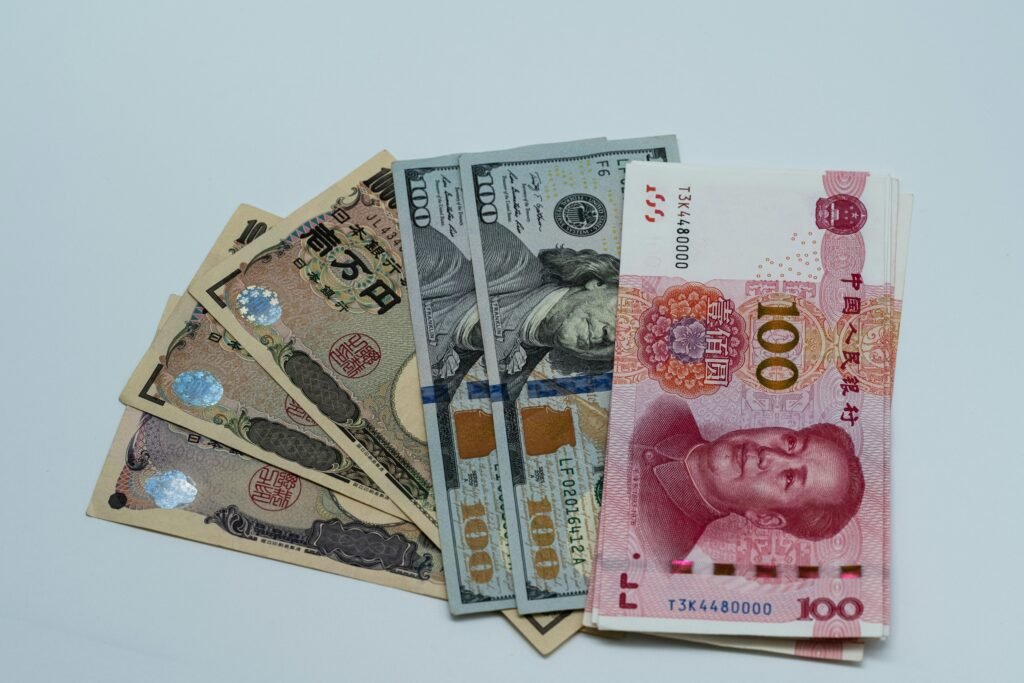
1. Chinese Yuan (CNY / Renminbi)
- China is increasingly pushing for the internationalization of its currency, especially via trade deals.
- While the yuan is still controlled by the central government, China’s role as a manufacturing and investment powerhouse suggests future growth.
2. Digital Euro (EURO CBDC)
- The European Central Bank is actively exploring a digital version of the euro.
- This could revolutionize cross-border payments and boost the euro’s role in global finance.
3. US Digital Dollar (USD CBDC)
- The U.S. Federal Reserve is also considering a central bank digital currency.
- If launched, it may reinforce the dollar’s supremacy in a digital-first economy.
4. Cryptocurrencies (Bitcoin, Ethereum)
- While not legal tender in most countries, cryptocurrencies like Bitcoin and Ethereum are increasingly being viewed as store-of-value assets.
- Volatility remains a challenge, but their role in decentralized finance could grow substantially.
5. Indian Rupee (INR)
- As India becomes a major player in global tech and manufacturing, its currency might rise in importance—especially across developing economies.
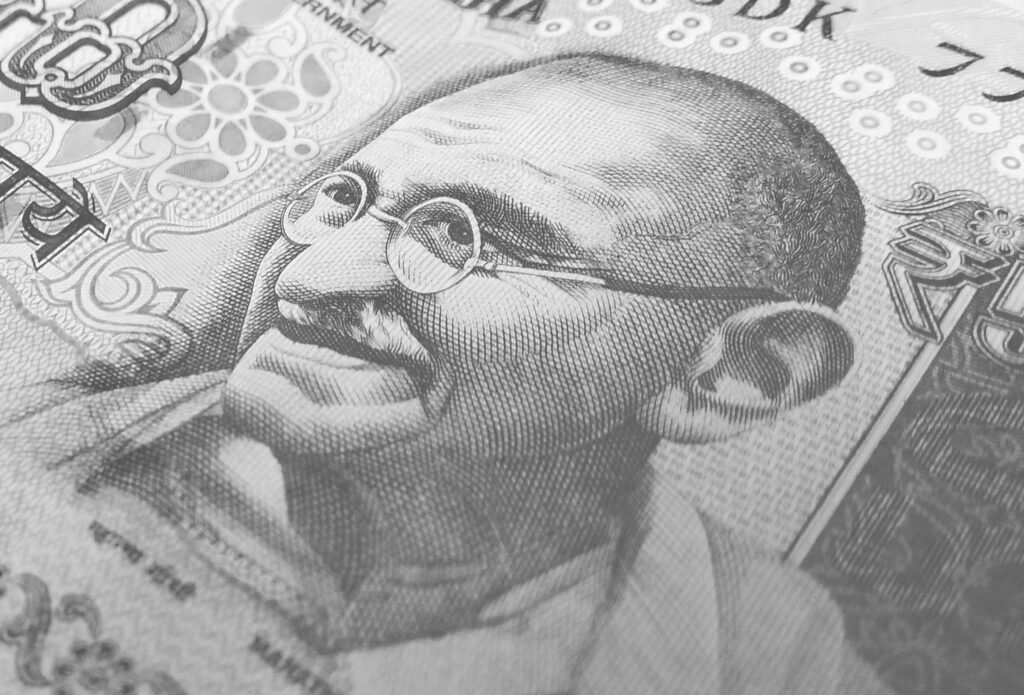
🏦 What This Means for European Entrepreneurs
For businesses operating within the EU, a strong, stable currency like the euro offers predictability, reduced risk in cross-border trade, and better access to capital. However, it’s also wise to monitor how emerging currencies or digital financial systems might impact pricing, competition, or expansion opportunities.
Smart entrepreneurs keep an eye on currency trends to:
- Hedge international transactions
- Choose the right investment locations
- Plan future expansion strategies
📢 Final Thoughts
In a shifting economic landscape, currency strength can define both individual wealth and corporate strategy. While traditional currencies like the USD, EUR, and CHF remain strong, digital currencies and new economic powers are gradually changing the financial game.
If your business operates across borders or plans to scale, make sure your online presence reflects your professionalism and credibility. Visit Rakuzan.eu to explore how a custom-built website can help you stay competitive in the evolving global economy.
And if you’re in need of fast, reliable hosting and domains, check out our special offer at Hostinger.
Disclaimer: This article is for informational purposes only and does not constitute financial, tax, or investment advice. Readers should consult with a licensed professional before making any financial or business decisions.





